Another reason to sleep sitting up is for people with health problems, such as kidney failure. People who have just had surgery may also be asked by their doctor to sleep sitting up for 1 to 2 days, according to the health website Healthline (USA).
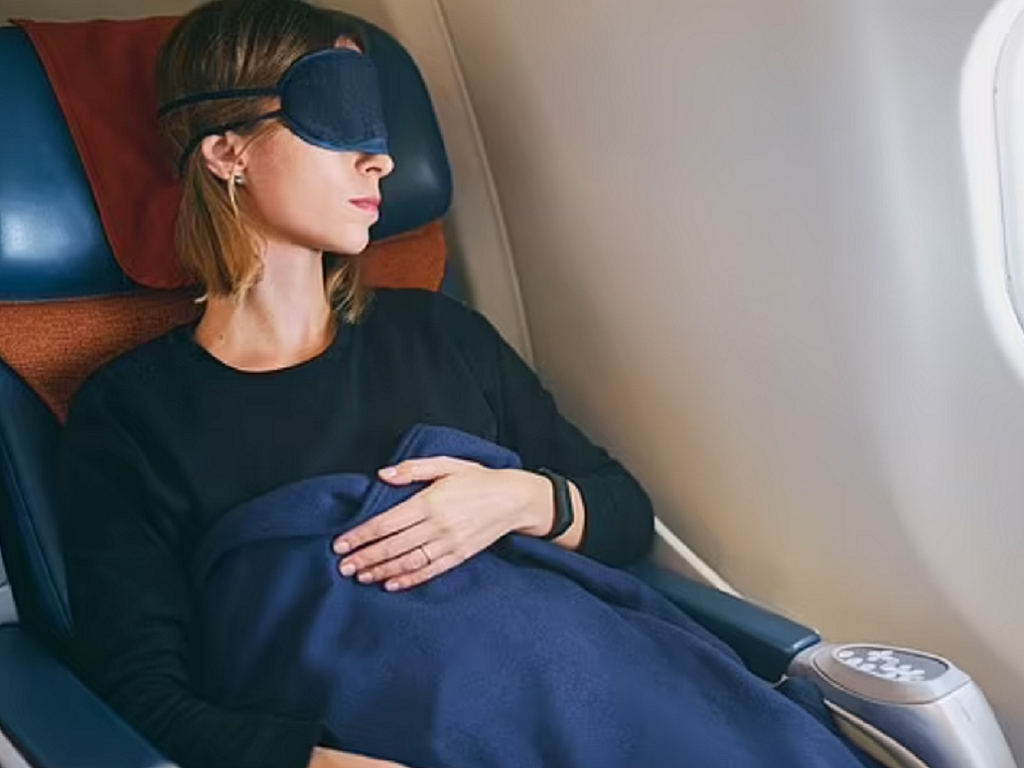
Sitting for long periods of time can increase the risk of blood clots.
Whether you sleep sitting up on a plane or in a reclining car seat, your head is usually tilted to one side. This sleeping position makes it difficult to keep your head and neck in a straight position. As a result, you wake up with a sore neck. In addition to this effect, you will also encounter some other problems if you sleep sitting up for many hours.
A study published in the journal Chronobiology International found that sleeping sitting up can put the body into a state of increased physiological arousal. This makes it difficult for us to fall asleep and if we do sleep, it will be restless.
Sitting up while sleeping inhibits the body's resting and digestive functions. These functions are regulated by the parasympathetic nervous system. Instead, sitting up while sleeping stimulates the sympathetic nervous system, which is associated with alertness and rapid response to external threats. Therefore, people who sleep sitting up have difficulty falling into deep sleep.
Another thing is that sleeping sitting up increases the risk of deep vein thrombosis. Prolonged sitting up over several days can lead to blood clots in the veins of the legs. If these clots travel through the blood vessels and get close to vital organs, such as the lungs, they can be life-threatening, according to Healthline.
Common symptoms of a blood clot include pain and swelling in the leg, and the skin in the area may also change color and feel warm to the touch. If you experience these symptoms, you should see a doctor immediately.
However, not all cases of sitting up have negative effects. A study published in the journal American Review of Respiratory Disease was conducted on 13 people with obstructive sleep apnea (OSA). The results showed that sleeping in a 60-degree upright position significantly reduced symptoms of sleep apnea.
To reduce negative health effects, experts recommend that if you sleep sitting up, you should place a small pillow behind your head to help your head get into a comfortable position, while your feet should be stretched out, facing forward, not bent or tilted to one side, according to Healthline.
Source link


![[Photo] Hanoi morning of October 1: Prolonged flooding, people wade to work](https://vphoto.vietnam.vn/thumb/1200x675/vietnam/resource/IMAGE/2025/10/1/189be28938e3493fa26b2938efa2059e)
![[Photo] Keep your warehouse safe in all situations](https://vphoto.vietnam.vn/thumb/1200x675/vietnam/resource/IMAGE/2025/10/1/3eb4eceafe68497989865e7faa4e4d0e)
![[Photo] President of the Cuban National Assembly visits President Ho Chi Minh's Mausoleum](https://vphoto.vietnam.vn/thumb/1200x675/vietnam/resource/IMAGE/2025/10/1/39f1142310fc4dae9e3de4fcc9ac2ed0)





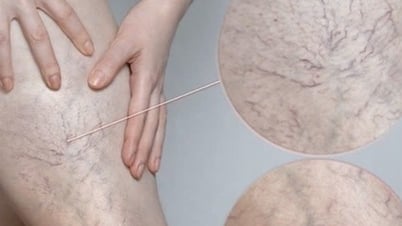
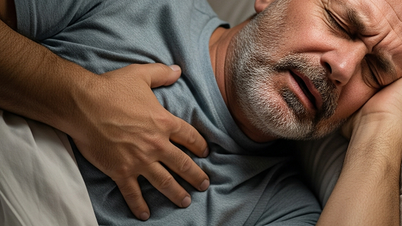
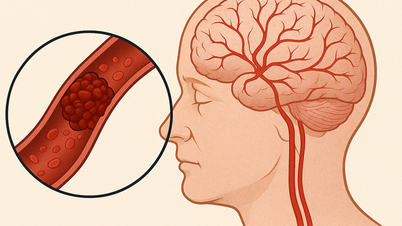


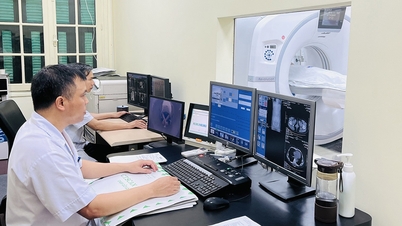
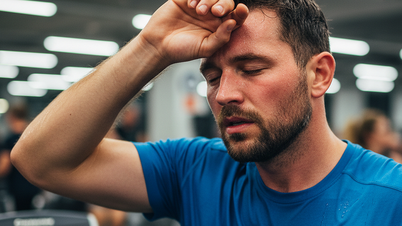










































































Comment (0)